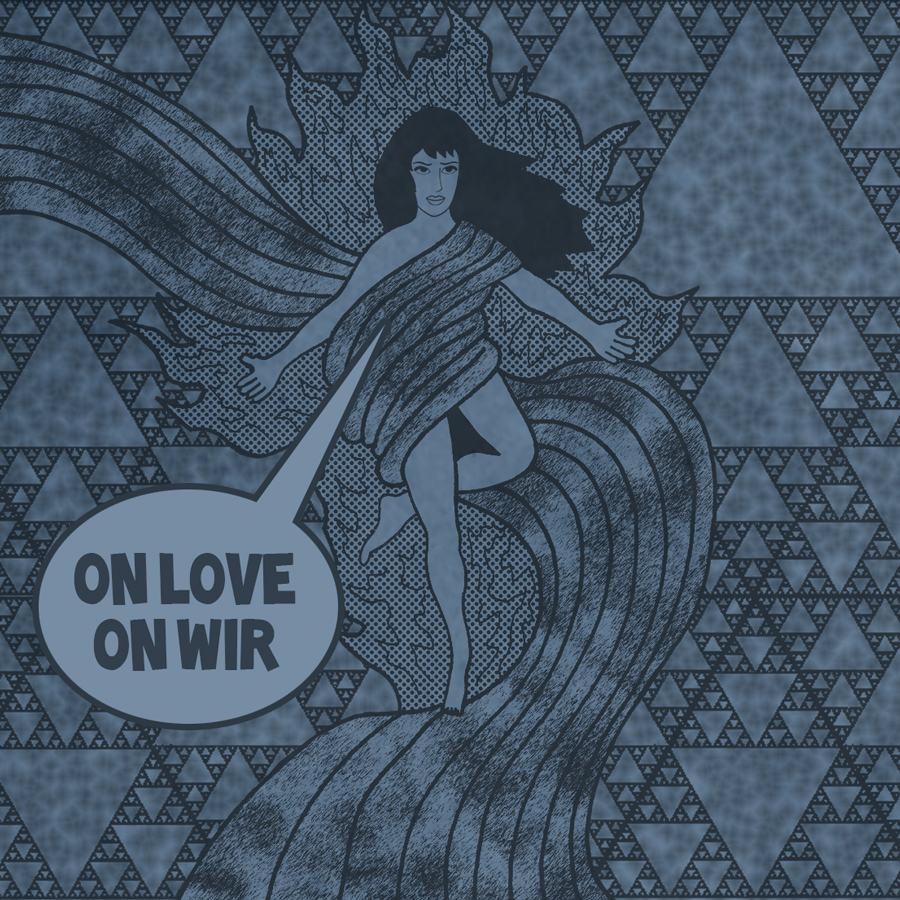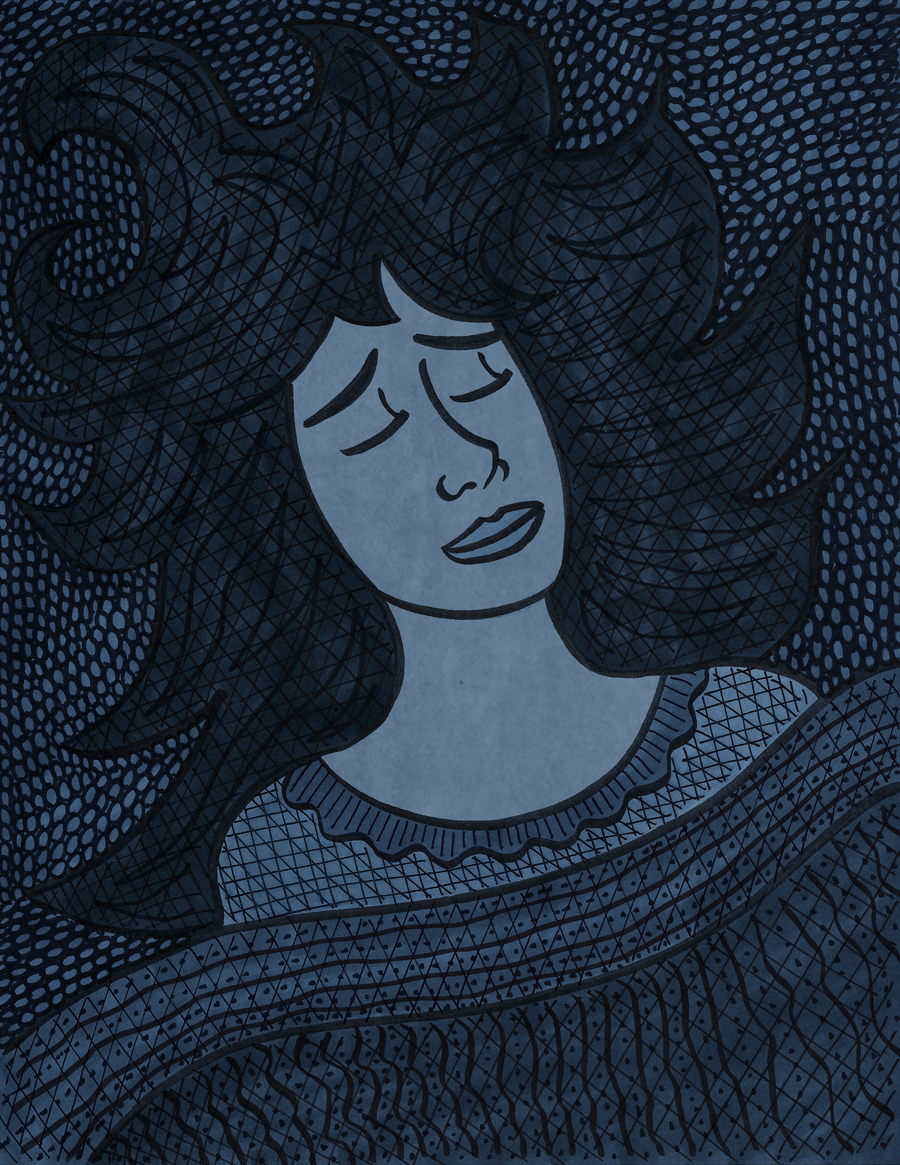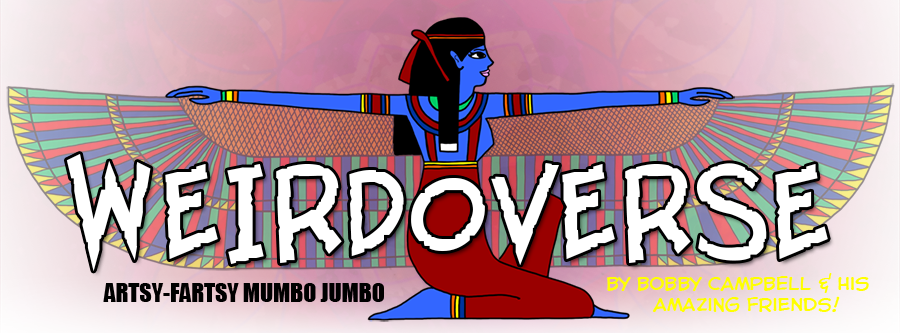 A particularly neat thing about working with Hilaritas Press and the RAW Trust is getting included in the internal conversations about the technical side of maintaining Robert Anton Wilson’s legacy, and getting to see all the deep care and thought they’re putting into the new editions of his books.
A particularly neat thing about working with Hilaritas Press and the RAW Trust is getting included in the internal conversations about the technical side of maintaining Robert Anton Wilson’s legacy, and getting to see all the deep care and thought they’re putting into the new editions of his books.
A recurring discussion that occurs in regards to copy editing RAW’s books is whether or not a given passage contains typos or if RAW was being especially clever.
These mini mysteries are amplified by the fact that previous editions of RAW’s books, published by perhaps less attentive publishers, did indeed contain a fair number of typos, but also, RAW’s psychedelic prose was very much influenced by surrealist, occult, and experimental writers like Joyce, Pound, Crowley, Burroughs, etc, so some unusual usages of language are to be expected.
My favorite passage that got put through this review process was from Nature’s God, featuring Maria Babcock’s internal monologue as she drifts off to sleep:

“And if all this could be coded, as John said Leibniz said, into the one and the zero, the upright 1 and the cauldron-like zero, the wand and the cup, one l’oeuf one vier, on love on wir, ein loaf ein vir, and she sloped down and slooped up and slipped round into sleep.”
My case for keeping this text intact was as follows:
Okay! I think I got something on this…
So yes indeed since she is falling asleep the narration is taking a hypnogogic turn, and RAW is playing Joycean word games.
Generally speaking when deciphering holographic prose the etymology of the words is important.
Straight forwardly enough, “l’oeuf” is French for “the egg,” whereas “vier” is German for “four,” but also suggests “one who vies for something.” And what vies for an egg in this context? A sperm? Wand and cup, 1 & 0, wink, wink!
“On love on wir” I think continues the tantric thought, with wir as we, but also wir has proto-slavic roots where it means “vortex, whirlpool, whirl, swirl, eddy” continuing the seminal stream o’consciousness
As for “one loaf and one vir”
In the 1879 Harper’s Latin Dictionary, the word vir is defined as:
“vir, a male person, a man.”
Which may be as simple as having a bun in the over, but also I think I remember some story about a fella turning his body into bread or something??
I’m not saying that’s necessarily what RAW intended, but I think it def works as holographic prose :)))
